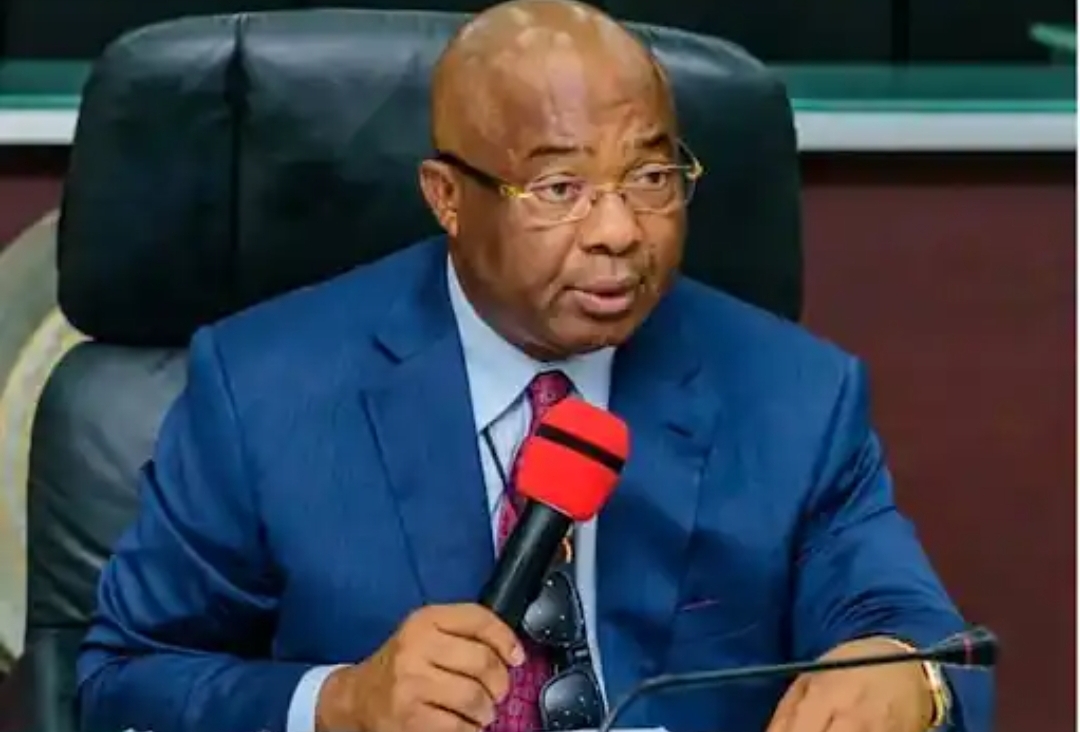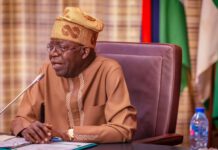Governor Hope Uzodinma of Imo State, has approved the increase of minimun wage of State workers to N40,000 as a means to cushion effects of fuel subsidy removal.
While addressing members of the state executive council on Saturday, he said the current economic situation is biting hard on the people.
Oguwike Nwachukwu, the Governor’s chief press secretary, in a statement, noted that Uzodinma’s administration will give out soft loans, grants, provide seedlings and farm tools to qualified farmers in the State.
“There shall be an immediate upward review of the salaries and wages of workers in the state. The minimum wage is hereby raised to forty thousand naira (N40,000) with discretionary consequential adjustments.
“At least, your salaries would be able, not only to take you home, but to also provide your basic necessities to enable you to make ends meet.
“Apart from the free transport which the workers are already enjoying, I shall increase the fleet of buses carrying workers to and from work with ten more new buses. This is to ensure every nook and cranny of the state capital is captured in the routes that the buses ply, to bring the service closest to the doorsteps of every worker.
READ ALSO: Lagos Govt To Close Eko Bridge For Repairs On Sunday
“Also, plans have reached advanced level to recalibrate the tax system in Imo state, with Governor Uzodimma hinting that those who earn below N100,000 annually are likely going to be yanked off the State’s tax net.
“I have discovered, with pain, how some traders are taking advantage of the economic situation to increase the prices of food items in the market.
“Against this backdrop, the government will soon establish Imo State Marketing and Commodity Board (ISMCB), which will ensure food items are sold at normal prices.
“We shall achieve this by setting up low cost markets in the state where prices of food items and commodities will be affordable for the masses. The markets will be situated in all the 27 LGAs of the state,” the Governor said.
According to Uzodinma, his administration will set up a scholarship education board in the State for students whose parents cannot afford sending them to school.
“In the same vein, we are introducing a scholarship education board for our brilliant students whose parents are poor to train them in school.
“I have found out that most of our brilliant children come from poor homes and end up not furthering their education after leaving the primary and secondary school.
“These brilliant students will be given scholarship to higher institutions,” he added.





